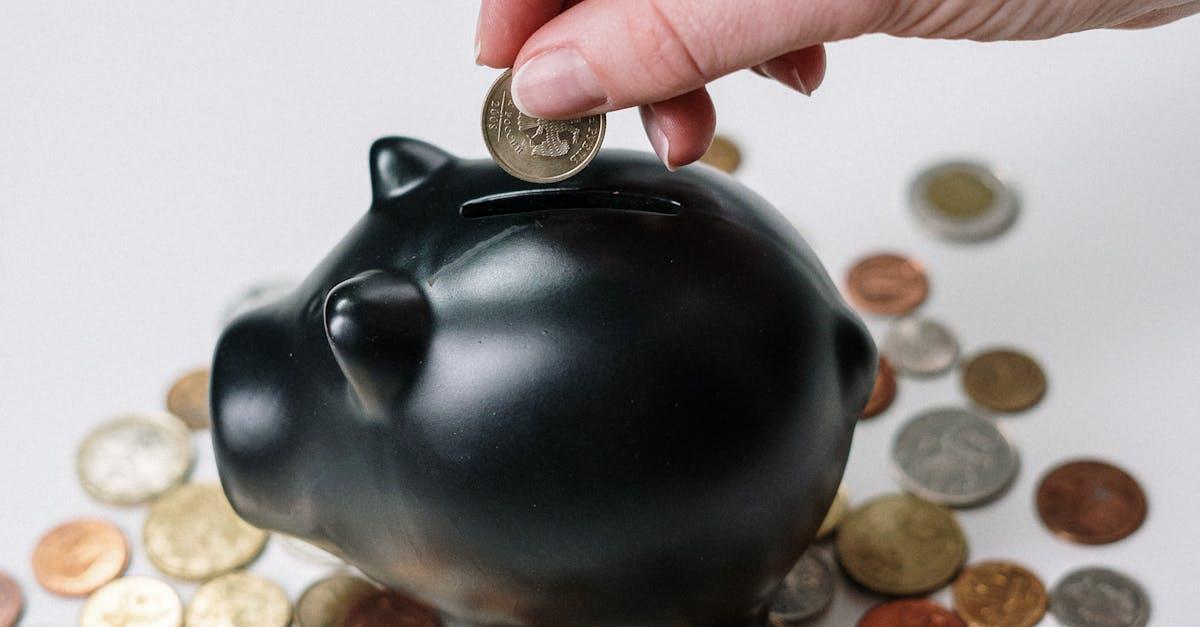Denmark Demystified: Navigating the Costs of Living in the Land of Hygge
Denmark, known for its charming landscapes, world-class welfare system, and the cozy concept of “hygge,” is often ranked as one of the happiest countries in the world. But this happiness comes at a price. The cost of living in Denmark is among the highest globally, reflecting its high standard of living and robust social benefits. This article explores the various facets of living costs in Denmark, providing insights into what expats and locals alike can expect.
Housing: A Significant Slice of the Budget
Finding a place to live in Denmark can be both challenging and expensive. Rent varies greatly depending on the location, with Copenhagen and Aarhus topping the list for priciest cities. A one-bedroom apartment in Copenhagen’s city center can cost around DKK 10,000–15,000 per month, while similar accommodations in smaller towns may be closer to DKK 6,000–8,000. Utility costs, including heating, electricity, and water, add an additional DKK 1,500–2,500 monthly.
For those considering buying property, the market is competitive. The average price per square meter in Copenhagen is about DKK 40,000–50,000, making home ownership a substantial investment.
Food and Dining: Balancing Frugality and Indulgence
Groceries in Denmark are relatively costly compared to other European countries. A basic weekly grocery bill for a single person might range from DKK 400 to DKK 700, depending on dietary preferences. Organic and locally produced items, which are popular, often come with a premium price tag.
Dining out is also expensive. A meal at an inexpensive restaurant costs around DKK 120–150, while a three-course dinner for two at a mid-range restaurant can easily exceed DKK 800. However, Denmark’s culinary scene offers excellent quality and innovation, making the occasional splurge worthwhile.
Transportation: Efficient but Pricey
Denmark’s public transportation system is efficient and well-maintained, but it doesn’t come cheap. A monthly public transport pass for buses, trains, and metro services in Copenhagen costs approximately DKK 750–1,200, depending on the zones covered.
For those who prefer cycling—a staple of Danish life—investing in a good bicycle is a one-time expense that can save money in the long run. Cars, on the other hand, are notoriously expensive due to high registration taxes and fuel prices, making them less appealing for most residents.
Healthcare and Education: Free but Not Without Costs
Denmark’s healthcare and education systems are financed through taxes, ensuring that services are free at the point of use. While this eliminates direct costs for doctor visits, hospital stays, and university tuition, it’s important to recognize that these benefits are funded by one of the world’s highest income tax rates, which can reach up to 55% for top earners.
Private healthcare and international schools, if desired, come at a premium, with private insurance costing DKK 1,000–2,000 per month and international school fees ranging from DKK 30,000 to DKK 100,000 annually.
Leisure and Entertainment: Embracing Hygge on a Budget
Enjoying leisure time in Denmark often involves finding a balance between budget-friendly and luxurious options. Museums and cultural attractions frequently offer discounts or free entry on certain days. Outdoor activities like biking, hiking, and visiting public parks are a cost-effective way to embrace the Danish lifestyle.
For more indulgent pursuits, such as attending live music events or dining at Michelin-starred restaurants, be prepared to pay a premium. A cinema ticket costs around DKK 120, while a night out at a concert can set you back DKK 300–600.
The cost of living in Denmark can be daunting, especially for newcomers unaccustomed to the high expenses. However, the quality of life, excellent public services, and cultural richness often justify the price tag. By understanding the various costs and making informed financial decisions, residents can fully enjoy the many benefits Denmark has to offer. Whether you’re drawn by its picturesque landscapes, progressive society, or the promise of “hygge,” Denmark provides a lifestyle that, while expensive, is undeniably rewarding.
